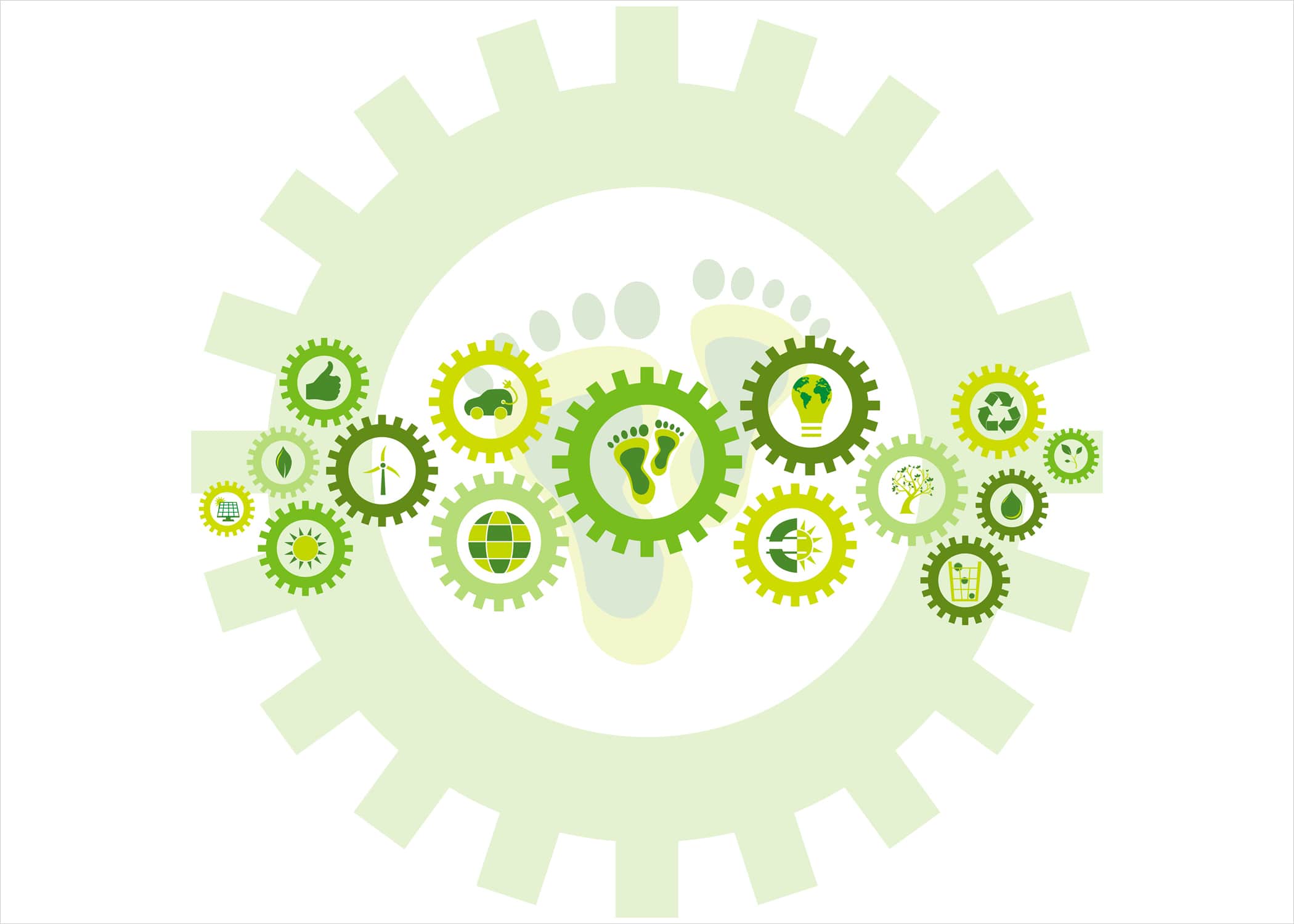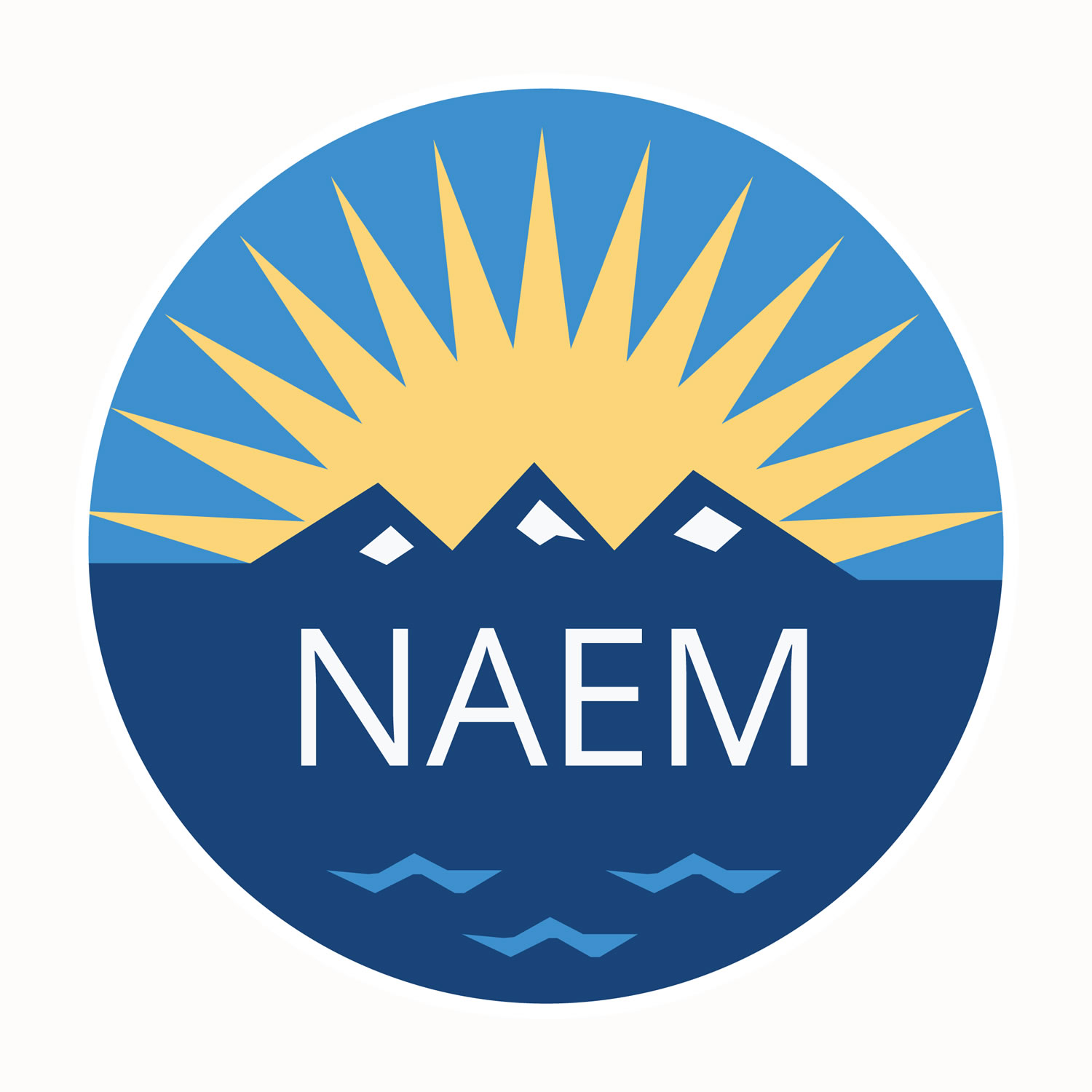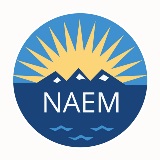Creating a Net Positive Impact from Sustainable Supply Chain Management

At NAEM’s 2015 EHS Management Forum in Charlotte, the Alliance’s President, Tensie Whelan, will lead a panel discussion featuring leaders from Unilever and Domtar, two of the companies who have created tangible business value by investing in programs with a holistic impact. We spoke her this week to understand this emerging approach to sustainable value creation and to get a preview of the dynamic leaders she’s lined up.
GT: To kick us off, could you give us a little background on the Rainforest Alliance and the organization’s involvement with corporate sustainability initiatives?
TW: When the Rainforest Alliance was started in 1987, our mission was focused on using markets to reward positive behavior, provide sustainable livelihoods and conserve biodiversity. From that, we designed a standard for sustainable forest management and a seal that businesses and consumers could look for. This led to the forest stewardship council (FSC), which is a global forest management certification program.
Today the Rainforest Alliance works in about 60 countries around the world to transform business practices, land use practices and consumer behavior. With a focus on forestry, agriculture, tourism, climate issues, we work with close to 5,000 companies to help them with the sustainability of their operations and also of their value chain and their sourcing. This includes 18 percent of the world’s tea producers and 14 percent of the world’s cacao producers, so we’re getting major penetration with big companies such as Unilever, Mars, Domtar, IKEA and Staples.
GT: What are some of the changes you’ve seen in how companies are thinking about their impacts?
TW: In the beginning, many companies looked at supply chain sustainability from a reputational risk point of view, as social media came into play and things became more transparent. What then started to happen was a realization that if suppliers are affected by environmental issues, social issues or poor economic conditions, then it will affect business continuity.
When you look at what’s happening with the more innovative companies such as Unilever and Domtar, you start to see that they see themselves as part of a broader ecosystem. They’re committed to understanding their suppliers and developing partnerships with them; they’re also looking at their employees more as partners and then civil society and government and also collaboration with competitors around some of these huge issues.
GT: Could you share any specific examples of this type of thinking in action?
TW: Sure. Our panelists will talk about their business practices in more detail, but I find the work both of these companies are doing to be fascinating.
Domtar, which is based in Charlotte and is one of the biggest office paper producers in the country, has made a commitment to make all of their paper procurement sustainable. 60 percent of the forests in the United States are owned by small landowners, and Domtar wants to work with these small landowners to get more of them sustainably producing. They themselves don’t own any forests but they have been really influential in demanding that those forests they source from get FSC-certified. They’re also very active in supporting their customers with the tools that they need to create transparency around the supply chain. They have created a cool tool called ‘The Paper Trail’ that breaks down everything related to the paper production for their customers, where the wood it’s coming from and then educating and engaging with the printers and the end users. So it’s a holistic, ecosystem approach.
At Unilever, they’re also looking at the entire lifecycle of their products, such as tea. First, they made a commitment to source all their tea from Rainforest Alliance-certified farms, ensuring sustainable production practices. When they did a carbon footprint analysis from the production of the tea, however, what they found was that the carbon footprint is largely affected by the fact that the consumer tends to boil an entire pot of water for one cup of tea. It’s hard to believe, but that one act is creating far more carbon than anything else related to the production of the tea. If they want to have a positive net impact in that particular value chain, therefore, they discovered that they needed to tackle that. To do so, they’ve been working on education and figuring out teapots that will boil just a cup of water to help contribute to the conversation with consumers. Clearly Unilever can’t solve it on their own, but they’re taking responsibility for trying to be part of the solution for it.
GT: What are the business benefits of taking a more impact-focused approach to supply chain management?
TW: Increasingly, companies are recognizing that to be in a world where commodity prices are going to go up, and where scarcity and poverty will affect the delivery of their raw materials and products, they need to have more direct and engaging relationships with suppliers.
What they’re finding is when they look at this from an ecosystem point of view, they’re starting to innovate and see opportunity. Domtar’s a great example of this. They not only take a leadership role in influencing the sustainability of their industry but they also offer their expertise as a service to others who need this knowledge.
Unilever has also been successful in communicating their value through their portfolio ‘brands with purpose’, which have out-performed all of their other brands. This aligns with all of the consumer insights that demonstrate that people who are not calling themselves environmentalists or activists are still looking for brands with purpose, brands that align with their values. This is increasing focus not only in North America but also in emerging markets such as China and India.
GT: I understand that the conversation about impact goes beyond reducing harm, however, to create a net-positive impact. Could you explain that idea?
TW: I’m not talking about traditional corporate philanthropy of supporting a museum. It’s much more substantive around the type of footprint that you have. If you’re forest products company how might you go and reforest places where you might not be working but that are very important globally and that could be your contribution to giving back?
Another example are the product innovations Unilever has introduced in water scarce markets. To meet the needs of consumers in these areas, they’ve created shampoos and laundry detergents that don’t need water. It means an innovative new product but it also addresses a very real social challenge. And what happened? It created a net positive impact for both the consumer and the resource.
GT: Looking forward, what are the sustainability practices you think will become commonplace among leadership companies over the next five years?
TW: 1) Understanding and supporting the sustainability of resources will be embedded into supply chain management, manufacturing, transport and product/service design. 2) Companies will be managing the metrics related to their own environmental footprint and aiming for net positive impact (which can generate them profit by the way). 3) Companies will develop employees with the skills necessary to build alliances with civil society and competitors to work together on solving complex environmental and social problems. 4) Natural capital accounting and assessing the cost of the externalities (water, for example) will be part of the CFO’s job. 5) And finally, marketers will be designing interactive communications to engage consumers in being citizens to help solve some of these challenges, rather than passive consumers.
Tensie Whelan serves as the president of the Rainforest Alliance. She has been involved with the Rainforest Alliance since 1990, first as a board member, and then later as a consultant, becoming the executive director in 2000. She holds a master's degree in international communication from American University and a bachelor's degree in political science from New York University. In January, 2016, Tensie will be taking on a new challenge - setting up a Center for Sustainable Business at NYU Stern School of Business.
To join the discussion about the future of sustainable supply chain management, join NAEM for the 2015 EHS Management Forum on Oct. 14-16 in Charlotte, NC.
Topics:
Sustainability
Related
About the Author

NAEM Staff
The National Association for Environmental, Health and Safety, and Sustainability (EHS&S) Management (NAEM) empowers corporate leaders to advance environmental stewardship, create safe and healthy workplaces and promote global sustainability. As the
leading business community for EHS&S decision-makers, we provide engaging forums, a curated network, peer benchmarking, research insights and tools for solving today’s corporate EHS&S management challenges. Visit us online at naem.org.

